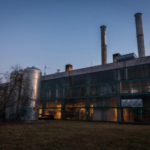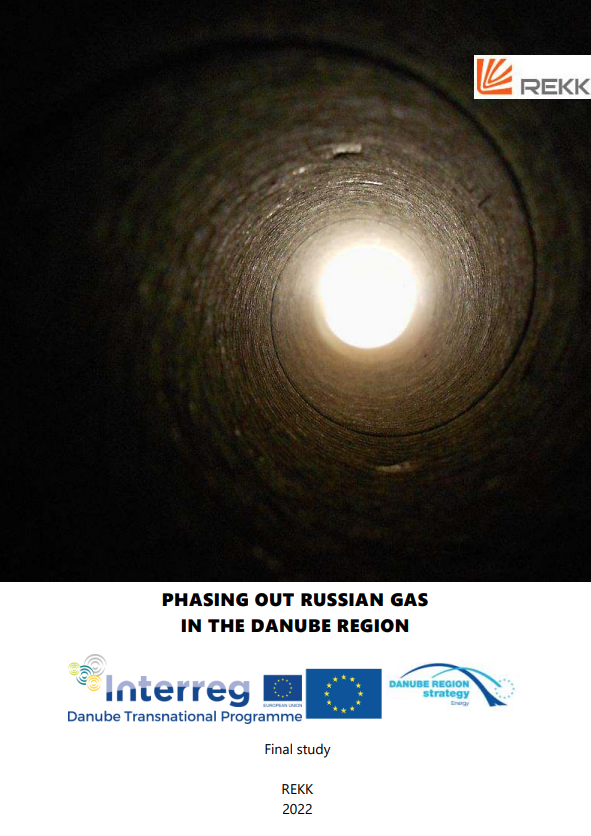A study prepared by REKK investigates the Russian gas dependency of the Danube Region (DR) and the potential to reduce this dependency on the short term (next winter 2022/23) and on the longer term (2030). The study encompasses a comparative analysis of the countries based on supply and demand side indicators with the aim of setting the scene and providing a baseline for the analysis. The fact sheets summarizing each indicator for each DR country are annexed to the report. The study investigates the demand reduction potential by sectors using different methods, and also performs a gas market modelling to assess the supply and demand side measure’s impact on the supply mix and the gas bill of the Danube Region. The study analyses in details the nature of gas dependency of each Danube Region country and concludes that there is a considerable negative relationship between the demand-side and the supply-side dependencies, meaning that those countries that rely heavily on gas have taken significant efforts to ensure the security of supply by adequate infrastructure capacities.
The study also articulates recommendations: the Danube Region countries should prioritize demand reduction measures that target gas savings and avoid direct subsidization of gas prices to household consumers. Most vulnerable households might be a temporary exemption. It also suggests a rapid development of infrastructure: from supply options mainly the LNG infrastructure already under construction would help the EU and also to the Danube Region countries to mitigate the energy crisis. Finally it highlights the importance of solidarity and interconnection of the Danube Region countries as a key to keep the energy supplies under control.
The study was financed by EUSDR PA2 “Energy” priority area.




